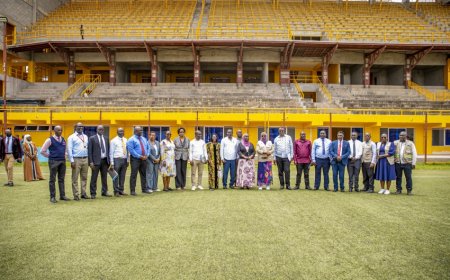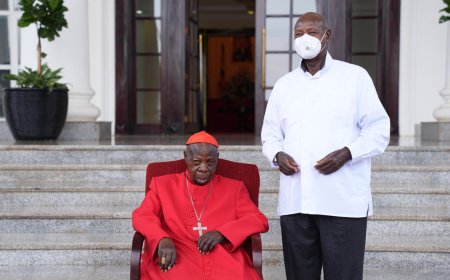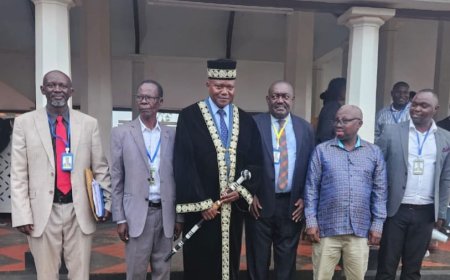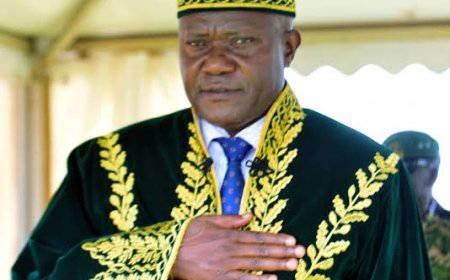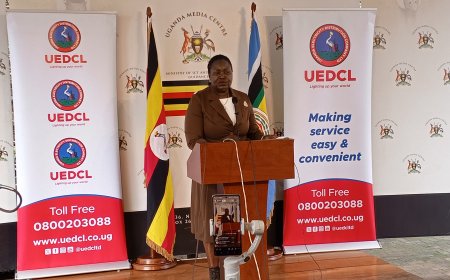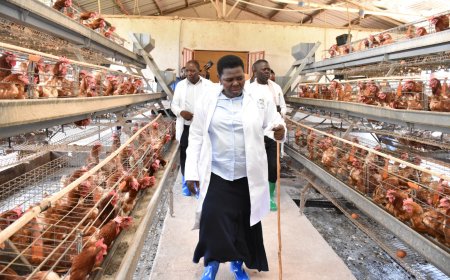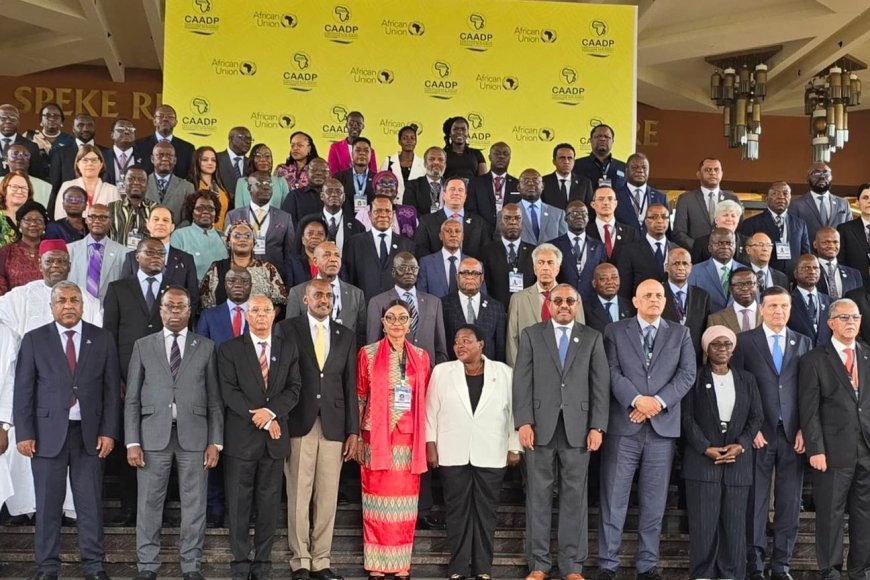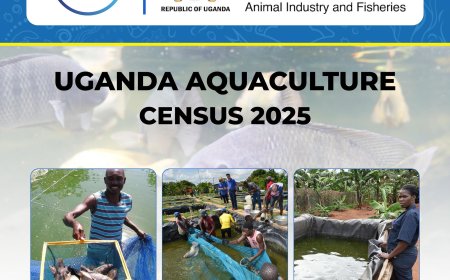UGANDA REAFFIRMS GLOBAL ORGANIC LEADERSHIP AT 4TH NATIONAL ORGANIC WEEK
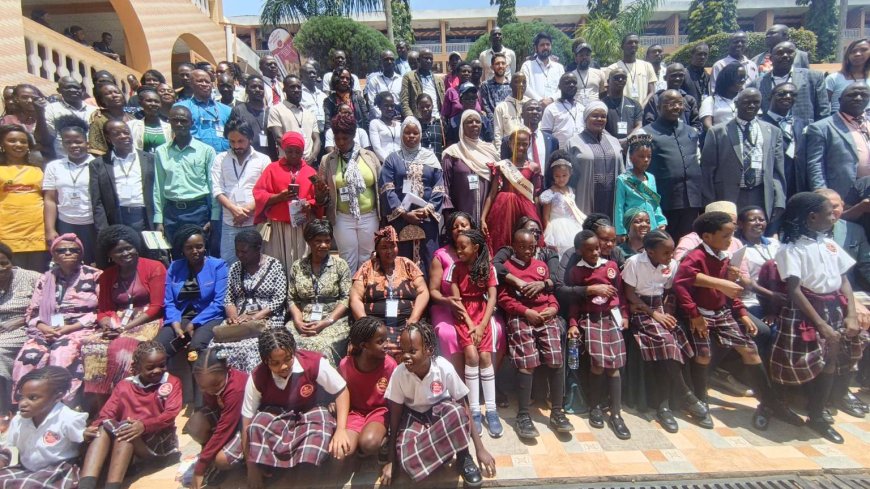
Uganda has once again demonstrated its continental and global leadership in organic agriculture during the 4th edition of the National Organic Week, held at Hotel Africana.
The event, organized by the National Organic Agriculture Movement of Uganda (NOGAMU), brought together delegates from across Africa and beyond to celebrate the country’s achievements and chart the future of sustainable organic farming.
Representing the Rt. Hon. Prime Minister Robinah Nabbanja as Chief Guest, Hon. Lukiya Nakadama, the Third Deputy Prime Minister, commended Uganda’s progress in advancing organic agriculture and reaffirmed the government’s commitment to strengthening the sector.

She emphasized that organic farming aligns with Uganda’s national development priorities, the African Union’s Agenda 2063, and global sustainability goals.
“Uganda remains a continental leader in organic agriculture. We are committed to policies and partnerships that promote environmental protection, improve farmer incomes, and position Uganda as a top global supplier of organic products,” Hon. Nakadama said.
The event, themed “Organic Agriculture for Sustainable Livelihoods and Climate Resilience,” was supported by the Ministry of Agriculture, Animal Industry and Fisheries, in partnership with the African Panic Network and several development partners.
It featured exhibitions, awards, dialogues, and business networking sessions aimed at linking producers with buyers and investors.
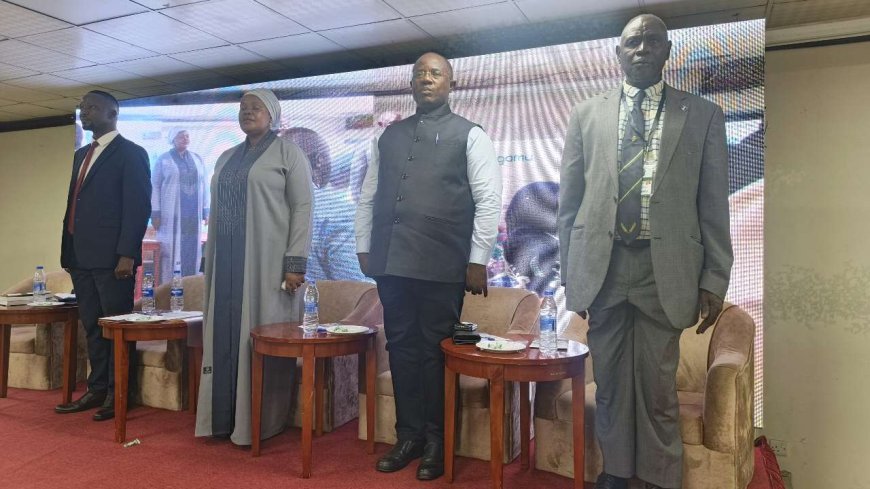
The gathering also coincided with NOGAMU’s 25th anniversary, bringing together a wide range of actors across the organic value chain including farmers, exporters, researchers, policymakers, and development partners to engage in strategic dialogues, share innovations, and strengthen partnerships for a more resilient organic sector.
Fred Bwino Kyakulaga, the State Minister for Agriculture, noted that Uganda’s organic journey has evolved from informal self-claims in the 1990s to internationally recognized certification systems. He added that Uganda now boasts the highest number of certified organic farmers in Africa and continues to export an increasing volume of value added organic products.
“Organic agriculture is a transformative pathway for poverty alleviation and sustainable growth. Our farmers are returning to traditional, chemical-free practices that protect both the land and the future,” Kyakulaga said.
Charlton Namuwoza, the CEO of NOGAMU, underscored the cultural and economic importance of organic agriculture in Africa, noting that the continent’s favorable climate and abundant natural resources give it a competitive edge in the global market.
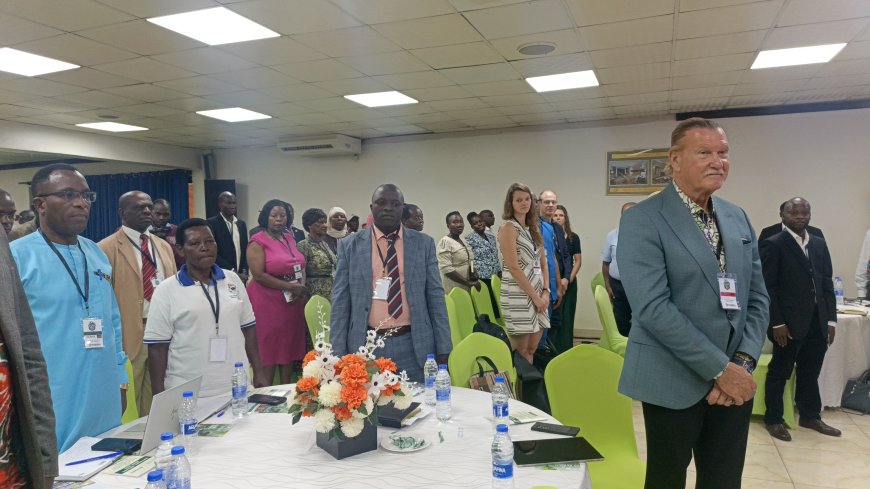
“Africa’s organic potential is now globally recognized, and Uganda stands at the forefront of this transformation. Our vision is to make Africa the largest supplier of organic products in the world within the next 25 years,” Namuwoza stated.
Speakers at the event called for stronger collaboration among stakeholders, religious advocacy for organic principles, and continued government support to overcome challenges such as low production capacity, compliance costs, and certification barriers.
The event concluded with renewed commitments to sustainability, innovation, and inclusive growth positioning Uganda as a beacon for organic agriculture in Africa and beyond.
















































